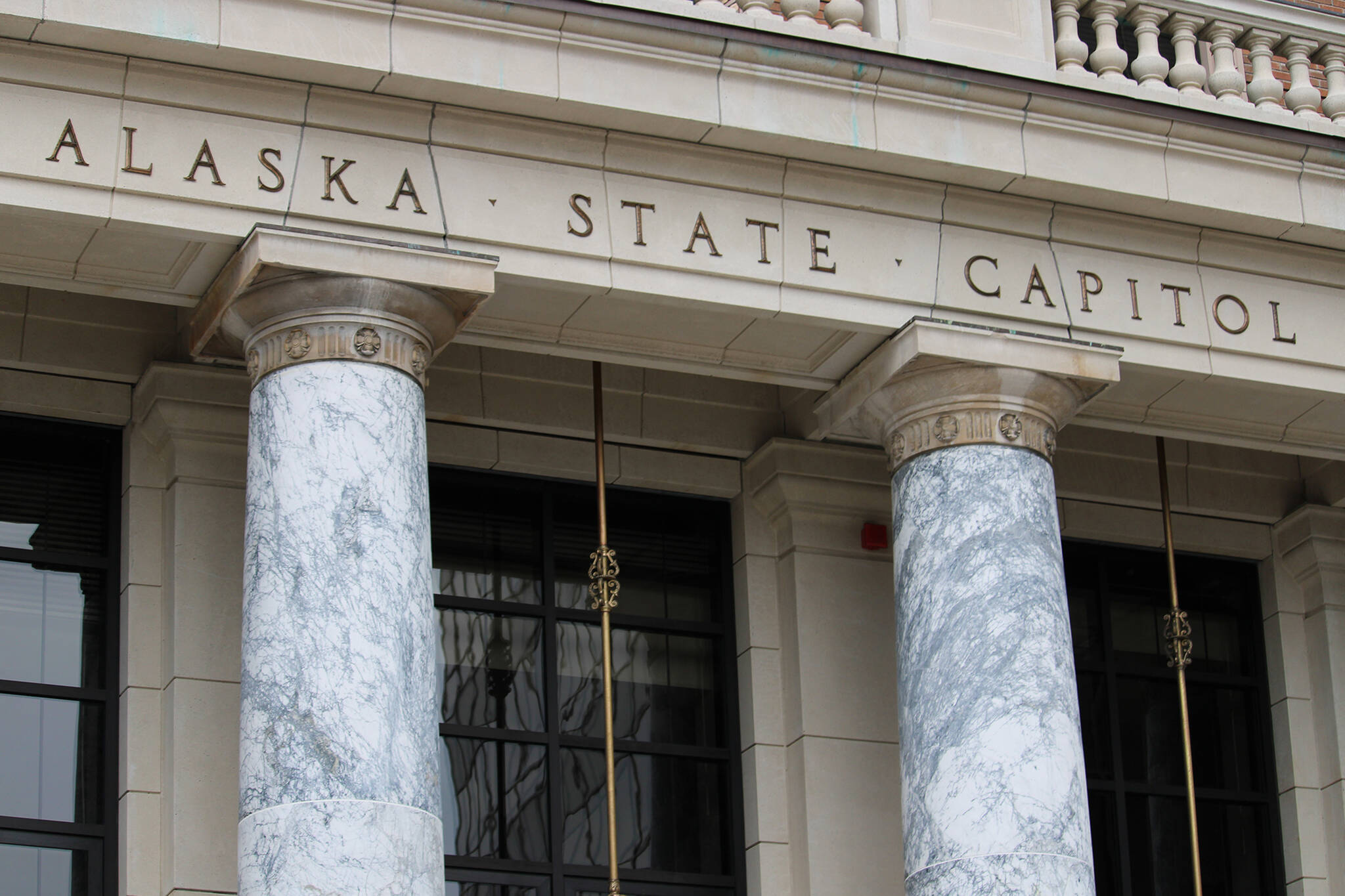By Larry Persily
The Legislature is working toward the largest capital budget in a long time; municipalities are hearing “yes” instead of years of “no” to many of their public works funding requests; and more state money is headed to schools.
In addition, Alaskans are likely to get a check from the state this fall more than double the amount of last year’s Alaska Permanent Fund dividend.
Or quintuple, if some in the Senate get their $5,500 way. Too bad they can’t be pulled over for reckless spending and endangering public finances.
All this spending is thanks to elevated oil prices — more than 50% higher than a year ago — and the large tax and royalty payments that are flowing to the treasury from North Slope oil producers.
Lawmakers know the stratospheric oil revenues are temporary and a consequence of Russia’s killing war on Ukraine. And although there are too many who believe the first priority for all that extra cash should be even larger dividends to Alaskans, as if the money were burning a hole in the pocket of their legislative reelection campaign Carhartts, most know saving is a longer-term virtue.
A massive, super-sized stupendous dividend is the shortsighted answer when prudent fiscal management should take precedence over popularity at the polls. The one thing certain during Alaska’s nearly half-century of oil money is that prices never stay constant. They rise and fall, not as scientifically predictable as the ups and downs of the tides but just as dependable in their movement.
And when they fall, Alaska comes up seriously short of covering the needs of its residents. Just as it’s dangerous to get caught on the beach or river sandbar when the tide rises, it’s financially risky to get caught without savings when oil prices drop.
For now, however, Alaska is temporarily rich again. Knowing that oil prices eventually will come down, the Senate Finance Committee worked up a multipart plan that could stash away close to $3 billion if oil averages $100 for the next year, even more if prices are higher.
The committee plan has several provisions that would move money into the Statutory Budget Reserve Fund, maybe as much as $1.6 billion this fiscal year and next, depending on oil prices and how much is left over at the end of the two fiscal years after the state pays all its bills.
Another provision would deposit into the constitutionally protected principal of the Alaska Permanent Fund anywhere from $100 million at $101 oil to almost $1 billion if prices hold around $110 a barrel.
In addition, assuming prices average around $100, the Legislature wants to use some of next year’s oil largesse to prefund state spending on K-12 education for the following year, essentially “saving” $1.2 billion of revenues for spending in the 2023-2024 school year. Think of it as using your big bonus check at work to prepay next year’s mortgage, protecting yourself in case your income next year comes up short.
The Senate committee plan ties the savings to oil prices. If the money is available, put it away. But if oil prices slide back to Earth, then the non-existent money does not go into savings. It’s not a perfect plan, but it’s the right attitude.
Of course, there are policy issues in stashing the money in the Budget Reserve Fund, and certainly big political calls in taking so much money off the all-you-can-eat table of dividend spending where too many senators feasted this week.
But the intent is solid: Save wisely, and don’t get caught treading in cold water the next time the tide of low oil prices washes ashore.
Larry Persily is a longtime Alaska journalist, with breaks for federal, state and municipal service in oil and gas, taxes and fiscal policy work. He is currently owner and editor of the weekly Wrangell Sentinel newspaper.

